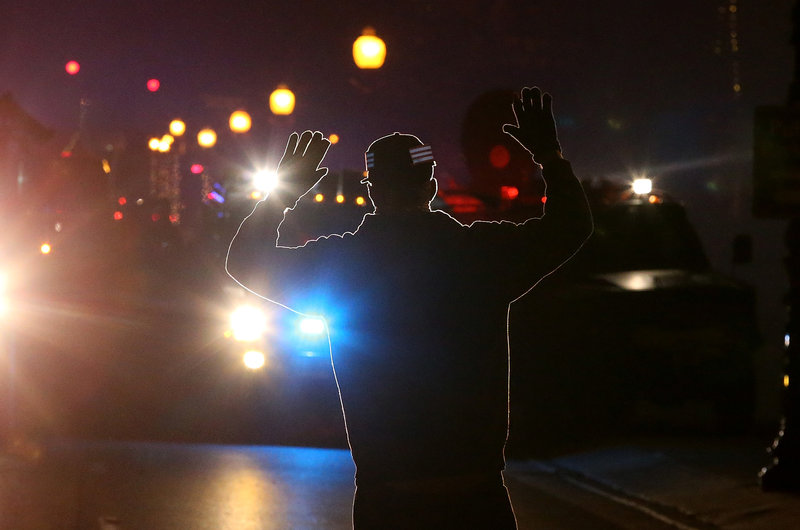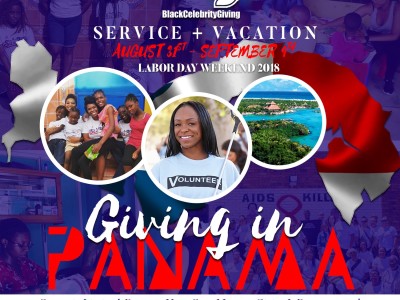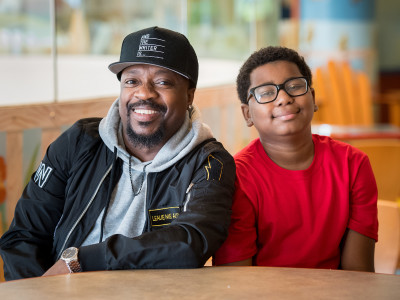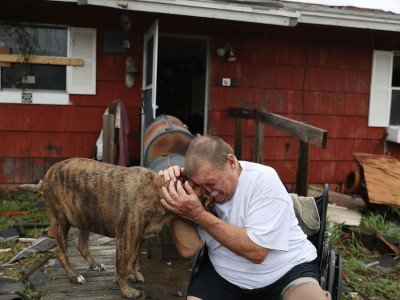The Fear Of Black Men In America: How It Feels To Be A Problem
When I saw this article I stopped for a moment, and even as a black woman I thought wow – how does it feel to be a problem! Check out this article from NPR authored by Gene Demby!
Over the past several days, Michel Martin has been leading a conversation across various NPR shows about how black men navigate a world that so often sees them as dangerous. When it was announced that that convo was going to move over to Twitter, the #FearAndRace hashtag spurred a flurry of tweets in which people were sharing their personal experiences even before it got underway, and it’s still going on long after it officially ended.
But the observation from these conversations that most jumped out at me came from Paul Butler, the Georgetown law professor who talked to Michel on Tuesday’s Morning Edition. “One problem with conversations like this is it doesn’t get across that I love being a black man,” Butler said. “I feel connected, like when I see President Obama’s swag, I get that as a black man. When I hear Jay Z’s cool … I kind absorb and relate as well. Sometime we don’t talk about the joy of this identity, and how proud I am to be African-American and a man.”
That quote resonated so much because it’s what I imagine is closer to the default setting for so many of us. The notion that black men are dangerous is one of our country’s foundational, organizing principles. The omnipresence of those notions makes them invisible, sanctioned and cosigned by people who don’t know better and a whole lot of people who should. The pseudoscience that props it up gets its regular updates, as might the particulars around what constitutes a sign of menace. Whatever the moment, it remains one of our society’s great givens.
And yet, being a problem is a strange experience. As Butler said, I doubt many of us so situated think our lives solely as a parade of miseries, even though it seems to be central to way those lives are broadly discussed. Even the black cool Butler refers to —whether we’re talking about jazz musicians in the 1930s or hip-hop artists today — is animated by notions of black menace. Even our genius, then, is shaded by it.
It can inform the most mundane, well-meaning encounters. When you’re younger, the old folks don’t want you to be “a statistic,” and so warnings and exhortations become part of your reality. You are handed books to read, and those books are not pitched to you as books but as weaponry. Gird yourself. You are instructed how to de-escalate encounters with the cops, if you can’t avoid them outright. You are reminded constantly that the stakes are always so, so high. Even the parents and aunties and teachers and pastors who don’t see you as a problem very much want to fix you, if only because they can’t fix the rest of it. As so many of the respondents to the #FearAndRace chat suggested, those people are not wrong to worry, but their worry is something you carry with you.






